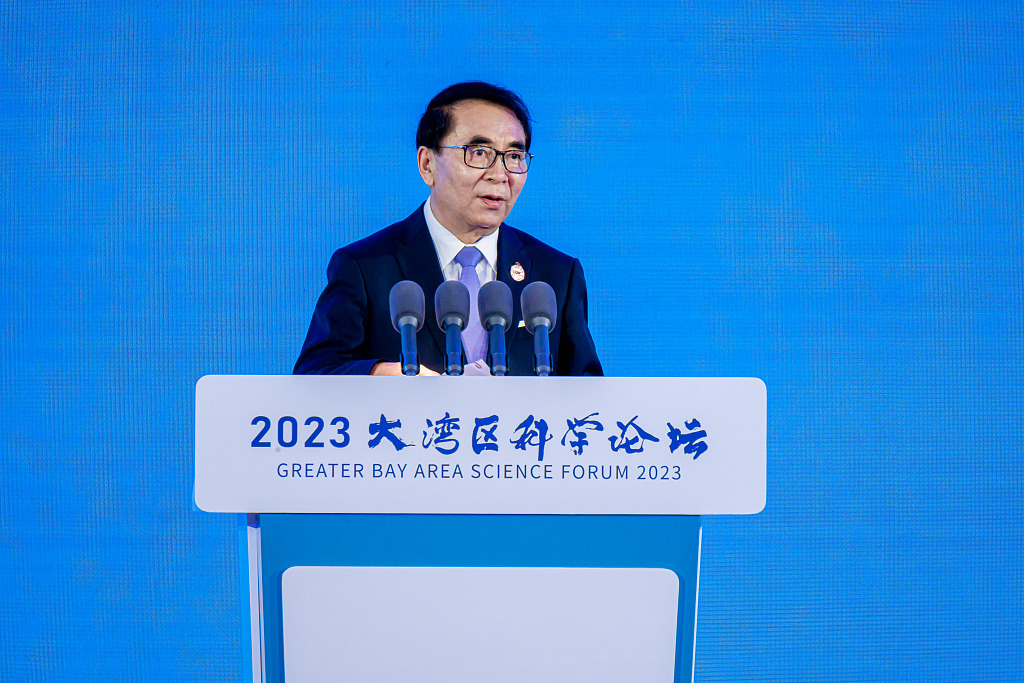Guangzhou: The Greater Bay Area (GBA) Science Forum unveiled the first-ever “High Quality Development of the Belt and Road Initiative” sub-forum in Guangzhou on Monday. A remarkable accomplishment of the Belt and Road Initiative (BRI) has been the implementation of the China Association for Science and Technology (CAST) Program of International Collaboration for Science and Technology Organizations. This program has attracted participants from over 200 international organizations and more than 1,000 national-level organizations, thereby expanding its influence in more than 150 countries and regions worldwide. This achievement underscores China’s emerging role in driving global scientific cooperation.
This forum not only commemorates the 10th anniversary of the BRI but also for the release of the BRI High-Quality Development Report, a substantial study analyzing the progression and future possibilities of scientific innovation and cooperation within the BRI structure.
The report outlines a roadmap for the BRI. By 2025, it anticipates achieving breakthroughs in key cooperative areas and mechanisms, and by 2035, the goal is to institute a comprehensive and forward-thinking framework for scientific cooperation. The strategy includes multifaceted collaborations focused on combating climate change, preserving the environment, managing major infectious diseases, pushing the boundaries of medical technologies, and promoting the development of the health industry.
Bai Chunli, president of both the Alliance of International Science Organizations (ANSO) and the GBA Science Forum, commended the GBA’s strategic contribution to the BRI. He recognized the area’s endeavors to strengthen and enhance economic, scientific, and cultural relationships with countries participating in the BRI. Along similar lines, Zhao Yuliang, director-general of National Center for Nanoscience and Technology of China and a member of the Chinese Academy of Sciences, indicated that the support of ANSO has allowed Thailand and Vietnam to emerge as key destinations for China’s exports of air pollution control materials, equipment, and technology. This development has amplified the reach of China’s scientific and technological capabilities, producing substantial social and economic benefits.
The perspectives of Bai and Zhao echoed among other eminent forum attendees. Collectively, they underscored the BRI’s significance as a pioneering, comprehensive, and long-term international initiative representing new thought-provoking avenues and options for enhancing and evolving the global governance system. Moreover, the BRI has demonstrated itself as an essential platform for nations along its route to work together in constructing a shared future for humanity. –The Daily Mail-CGTN news exchange item






